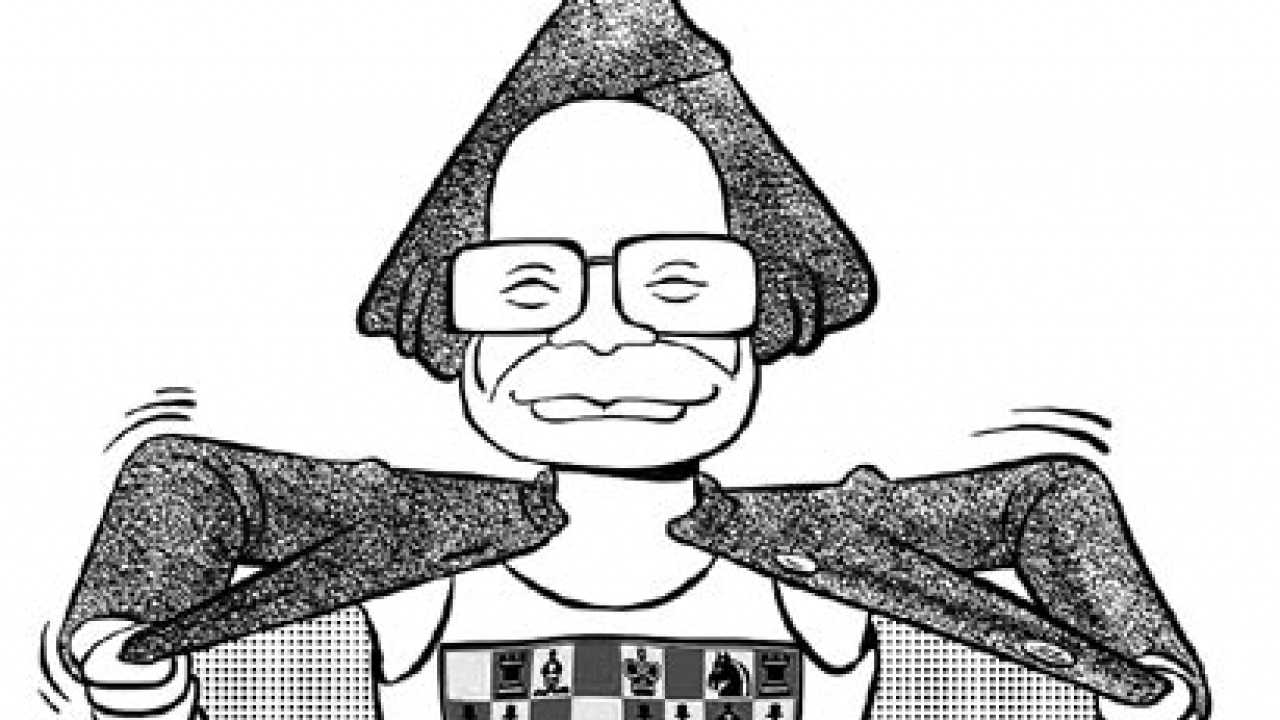
When people say the prime minister is apolitical, they usually mean he is weak at political management. This is a wide term and one of its critical functions is management of cabinet colleagues, all of whom are wily even if individually each has an IQ a fraction of P Chidambaram’s (actually, I have never measured his IQ, but surely it is stratospheric). Also, not all of them belong to the Congress party; and we all know what charlatans the regional MPs are. So the prime minister, instead of controlling these grown-ups or coaxing them into policy decisions or ensuring they keep their hands out of the till, pretty much leaves everybody to his or her own device. You can’t blame him; it isn’t something he ever did and it’s unlikely a septuagenarian like him was going to learn to deal with each and every character Indian polity has to offer. Trying to keep Cabinet colleagues on a tight leash would have proved futile and failure in direct confrontation would have diminished him, possibly ending his tenure far too early. And anyway, party President Sonia Gandhi was always there to kick butt if the need arose.
There has always been another aspect to political management, which is not directed at others but at Dr Manmohan Singh himself. It is not about leadership but about survival. In this he is not apolitical at all. Perhaps he learnt on the job; he definitely learnt a thing or two from his old boss and former prime minister, the late PV Narasimha Rao. PVNR not only pushed Manmohan Singh to liberalise the economy in 1991, he also taught him that politics is a game played very slowly, and in a way that allows others to do the work. With PVNR, for instance, taking no decision itself was a political decision; it was a way of playing things out to the last possible moment, where a decision that he might have originally wanted was the decision left standing after the others were eliminated. Inactivity was a political stratagem. It was exemplified by the silence PVNR showed during the six long hours it took for the demolition of what used to be the Babri Masjid, the event for which his tenure is most known (the Congress petulantly refuses to credit PVNR with the economy’s liberalisation, so we’ll have to wait a generation or two for history to give a more equitable judgment).
This stratagem looks obvious given the eight years of Manmohan Singh’s prime ministership. There is little he has been proactive about. He used the energies of his first term to push through the nuclear deal with America despite bitter all-round opposition. He had a couple of near misses. In 2007, for instance, he was close to a settlement on Kashmir with the then Pakistani president, General Pervez Musharraf. It eluded him due to events beyond his control. So it is fair to deduce that Manmohan Singh is the kind who wants a big moment. The day-to-day achievements — the kind that Finance Minister Pranab Mukherjee specialises in — do not hold overriding interest. Thus, the routine stuff he is content to let drift. And he’s learnt to let blame accrue elsewhere. The prime minister, very early on, perhaps learnt to use the fact of two power centres in Delhi — he and Sonia Gandhi — to deflect responsibility for the routine stuff and the political management.
But this week, the prime minister looks like he has decided to play cards that he has kept close to his chest all these years. Possibly it has been prompted by the rather unbecoming name-calling by Team Anna. The prime minister’s anger was palpable and for once he dropped his characteristic taciturnity. In addition, he would have noticed two things: firstly, the citizenry around the nation is upset with rising prices and the deteriorating economy; the fact that Mulayam Singh Yadav, the only non-Congress heavyweight who showed up at the UPA-2’s third anniversary dinner, decided to support the bandh speaks volumes (as does the fact that the administrations of Congress-ruled states could not neutralise the bandh). Secondly, the BJP is getting its act together under Gujarat Chief Minister Narendra Modi; sure, it has a long way to go, and it would help if Modi articulated a roadmap out of the current economic mess; but the current public spat is undoubtedly an attempt by the BJP to set its house in order by weeding out leaders who have outlived their utility (notice it is being done long in advance of the next parliamentary elections).
DNA published a story yesterday that said the prime minister, in his last two years, wants to seize control of the economy from Pranab Mukherjee and secure his own legacy (he’s perhaps given up on a major breakthrough with Pakistan). Implicit in this is his desire to send Pranab to Rashtrapati Bhawan, a move that Sonia Gandhi is still uncomfortable with; thus the prime minister would have subtly demonstrated his preference in the coming presidential elections. His party chief will find herself with no choice but to nominate Mukherjee. If that happens, then you know that Manmohan Singh played his political cards deftly. PVNR would have been proud of his protégé.
The writer is the Editor-in-Chief, DNA, based in Mumbai